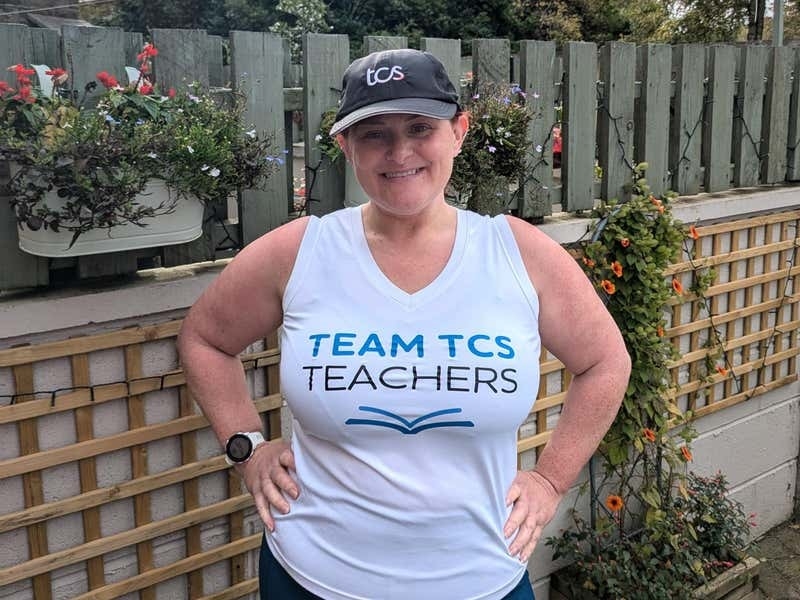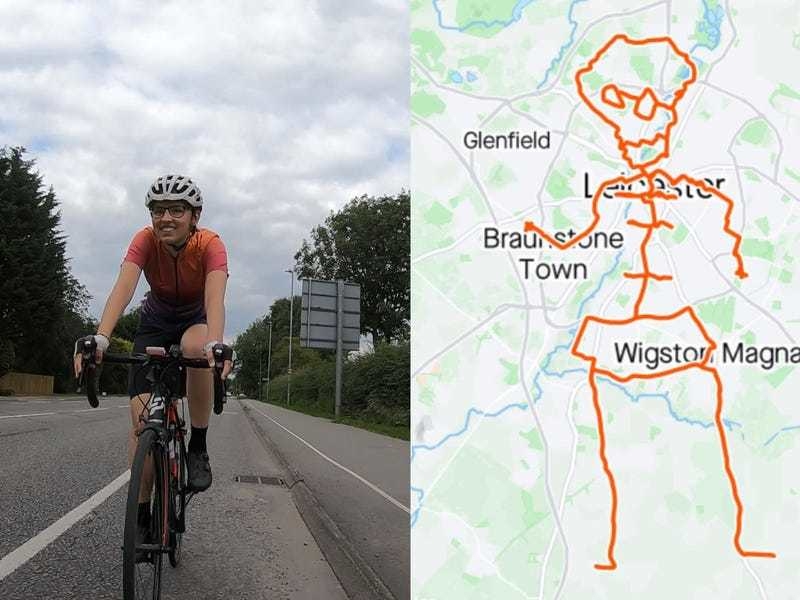
U.S. Sen.
Michael Bennet, left, speaks with students and Youthentity construction instructor Ben Kite, right, inside a tiny home being built by the students at Bridges High School in Carbondale on Wednesday. With a backdrop of a half-completed tiny home in the parking lot of Bridges High School in Carbondale, the Roaring Fork Valley and its neighbors showcased how they’re trying to create more opportunities for high school graduates who don’t go on to college. Data from Educational Pathways to Innovative Careers (EPIC), an arm of the Colorado River Board of Cooperative Education Services (BOCES), says that around half of the students in the region attend college, and only 27% of those who do work in their chosen field.
EPIC and BOCES are among the groups trying to introduce young people to lucrative career opportunities that don’t require a college degree. On Wednesday afternoon, they welcomed U.S.
Sen. Michael Bennet, Youthentity, the Roaring Fork School District and the Western Colorado Independent Electrical Contractors to a gathering to show the work students are doing to prepare them for trades through career and technical education (CTE). “It’s so exciting to see this effort to try to make education as relevant as possible for kids in the valley, and to match the kids’ education with the needs of all the industries that pay so well,” Bennet said.
“If someone can earn a decent living here, hopefully it’ll make it more likely that they can stay here.” It was the second stop in the valley for Bennet in the previous two days after speaking at the grand opening of the 27th Street Underpass in Glenwood Springs on Tuesday. In July 2023, Bennet’s office announced $1.
02 million in grant funding for EPIC as part of $74 million secured through congressionally directed spending. The former superintendent of Denver Public Schools acknowledged the need for CTE creation and the work being done in the Roaring Fork River and Colorado River valleys to ensure local graduates can stay local. Roaring Fork High School senior Balti Uribe uses a construction simulator as U.
S. Sen. Michael Bennet and Matt Harder, project manager at Stutsman Gerbaz, look on.
The simulator is owned by Educational Pathways to Innovative Careers, a local nonprofit looking to introduce kids to career paths in the trades. A quintet of RFSD students joined Youthentity construction instructor Ben Kite to showcase their current undertaking — building a tiny home from scratch. It’s just frames and paneling now.
But it’ll be a fully functional tiny home with plumbing and electrical — and students will have a hand in all of it. “It’s very cool to learn new experiences that we may not have learned before,” Roaring Fork High School senior Dalton Groom said. “I’ve never been on the framing and all that stuff or roofing side of it, and I think it’s cool that we get the opportunity to come in and have professionals show us the logistics of it.
” BOCES provides all of the material — estimating the cost around $60,000. Unlike other tiny-home projects, like Aspen School District’s — which has students building a tiny home to be used for staff housing — BOCES will sell the completed tiny home and put the proceeds back into programming. Per its website, the tiny homes it sells start at $95,000.
Students work on the project during school hours and will get college credit for their efforts in partnership with Colorado Mountain College, not to mention connections to local construction businesses that assist with the project. It’s an all-encompassing project that teaches many of the hard skills but also some of the soft skills that go into being a professional in the field. He helps them with LinkedIn pages and resumes, on top of other in-the-field skills.
“I do my best, I do my part to make sure these guys all have very professional ways to be ready to go get that job because that’s just as important,” Kite said. “If you have all the technical skills but you can’t work in a team and you can’t, etc., etc.
, you can’t succeed. “We also encourage students who aren’t going to have a career in construction to take the class because they’re going to get those soft skills you aren’t going to get in a classroom, like teamwork and resilience and just working out in the snow. When you get here at 8 a.
m. and the first thing you’re doing is shoveling snow so we can start working on the house, it builds a lot of character that can transfer to any job.” Kite said there are about 25 students in the two-year program.
During the course, they also get their National Center for Construction Education and Research certification, as well as their Occupational Safety and Health Administration 10 certification, two prerequisites for many local jobs. Also on site for EPIC was a trailer with a heavy machinery simulator in it, introducing kids to heavy machinery in an approachable, fun and safe way. They’re looking to secure a flight simulator and deliver it in a similar way — in a trailer that can travel across the region.
They also brought a robot dog and a drone. With much of the messaging to high school students centering around going to college, local entities are looking to let them know there are fruitful alternatives. “I think that the reality of the situation is that the knowledge and skills a high school graduate needs to be able to get a high-paying job out of high school in the trades, if that’s what they want to do, are basically the same skills that a kid needs to succeed in college,” Bennet said.
“What we should emphasize is the idea that kids should be graduating from high school in America with the skills to earn a living wage in a trade if that’s what they want to do, or to go to college and succeed if that’s what they want to do. Both pathways are incredibly important.”.










